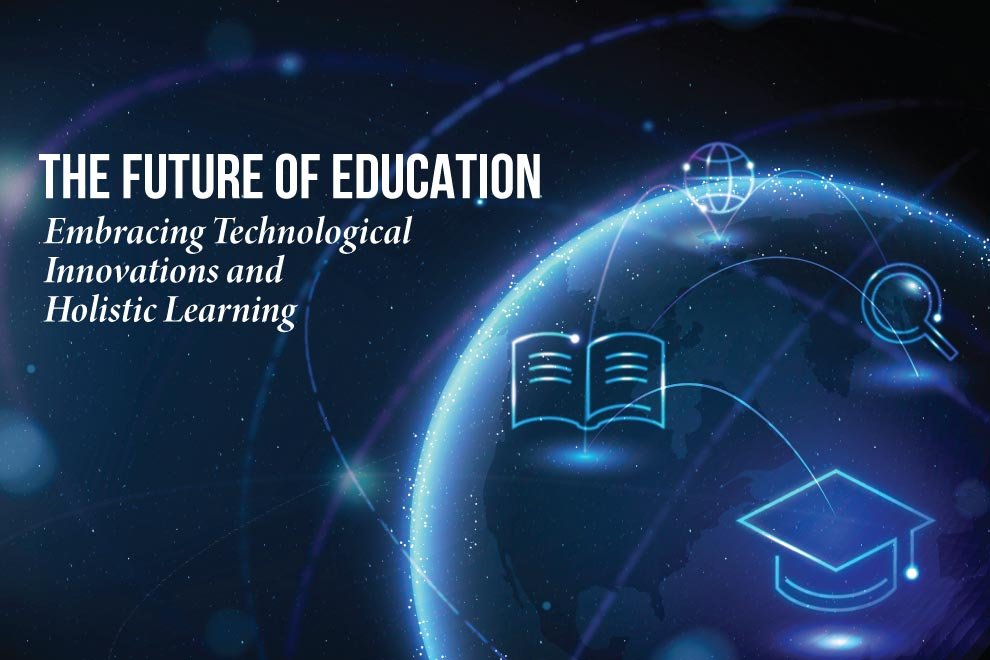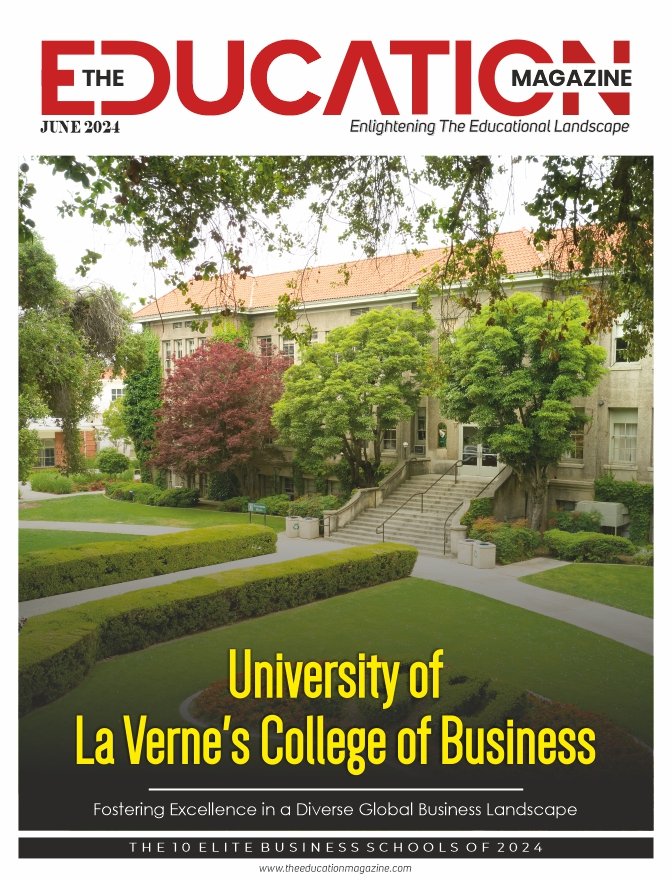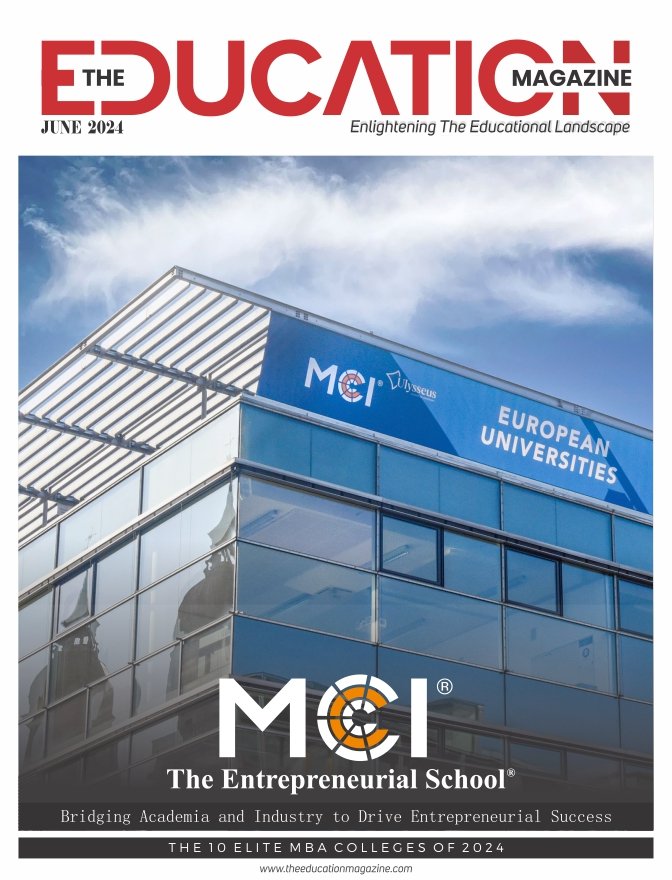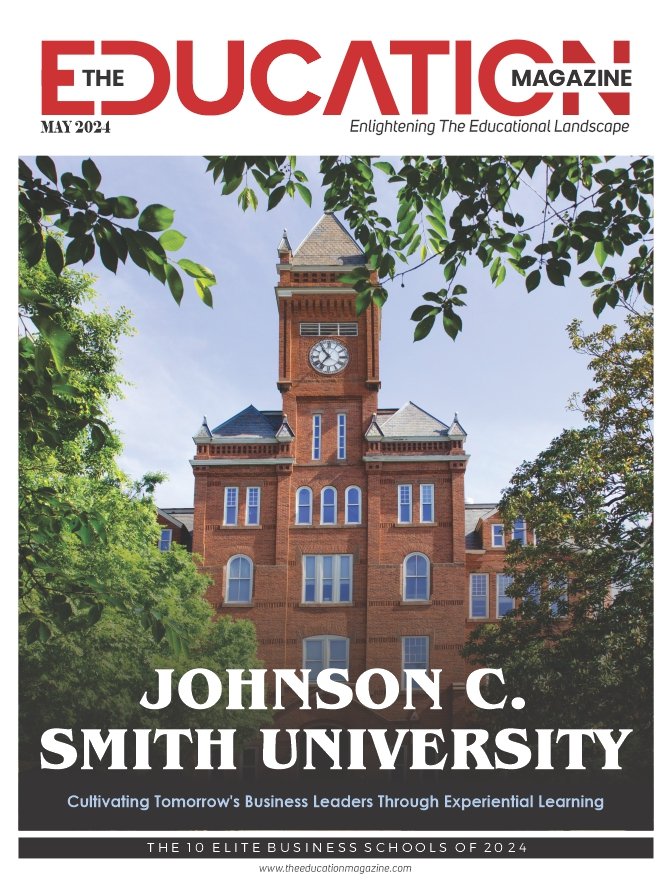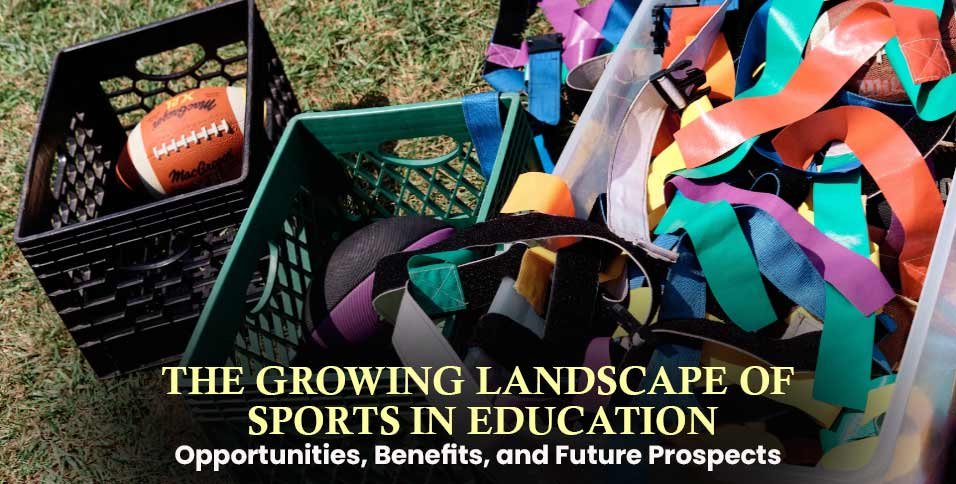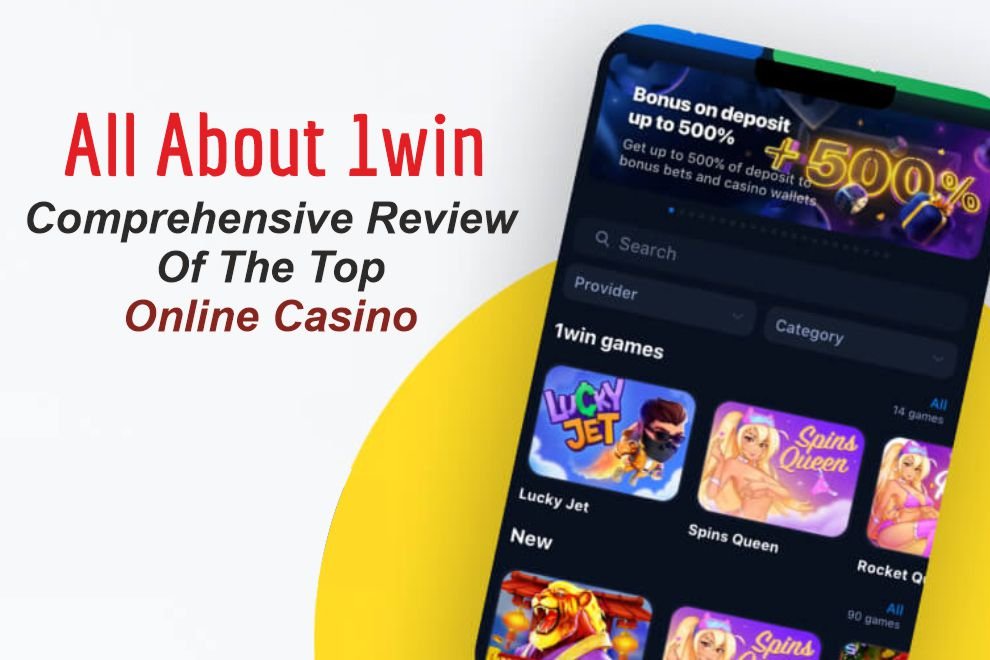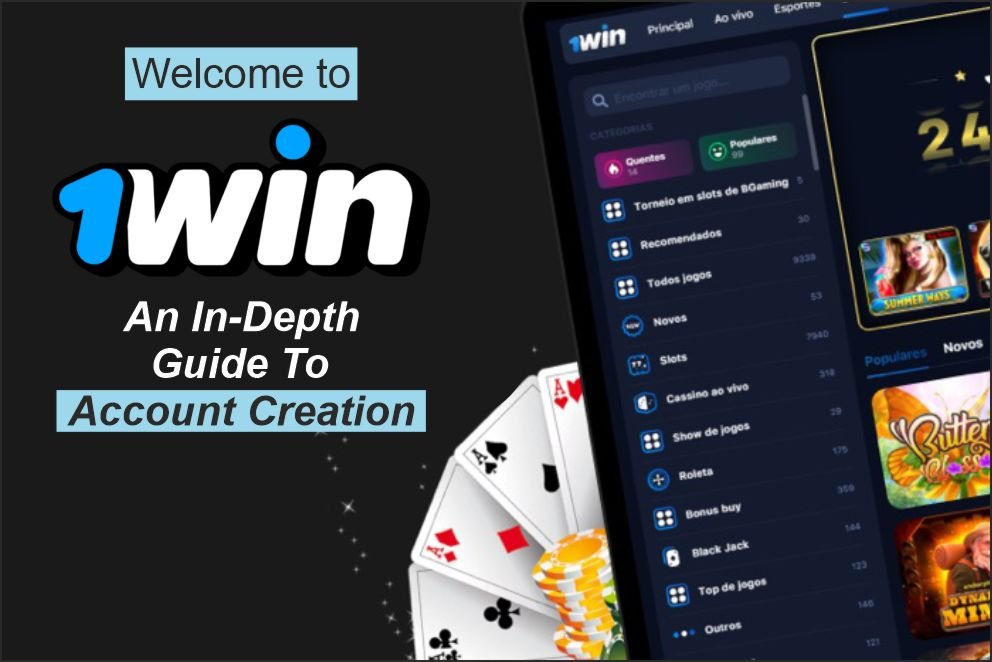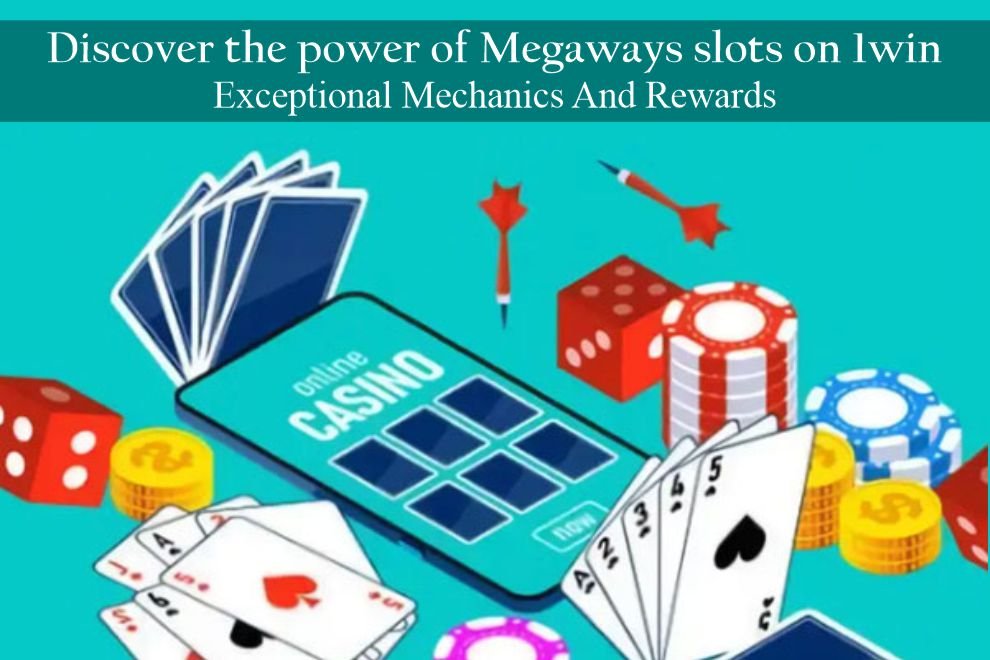The realm of education has witnessed profound transformations over the past few decades. With technological advancements and a shift towards more inclusive, student-centric approaches, the future of education promises to be both exciting and challenging. Before you get into the details, make sure to play blackjack online Canada and hope you get lucky.
Blended Learning: The Best of Both Worlds
Blended learning, an approach combining traditional classroom teaching with online instruction, is gaining traction. This method offers flexibility, allowing students to learn at their pace and teachers to provide a more personalized learning experience. By merging face-to-face instruction with digital resources, blended learning caters to diverse learning styles.
Augmented Reality (AR) & Virtual Reality (VR) in Classrooms
AR and VR technologies are revolutionizing the way students engage with content. From virtual field trips to interactive 3D models, these tools offer immersive learning experiences that were once the stuff of science fiction. They provide hands-on learning and can make complex topics more understandable and engaging.
Emphasis on Soft Skills and Emotional Intelligence
While academic prowess remains vital, there’s a growing understanding of the importance of soft skills. Schools are now integrating curricula that nurture emotional intelligence, critical thinking, communication, and teamwork. Such skills equip students for real-world challenges and foster lifelong learning.
Gamification: Learning Through Play
Gamification involves integrating game elements into the learning process. Be it through points, badges, or leaderboards, gamifying content can make learning more interactive and enjoyable. This approach not only motivates students but also enhances retention and understanding.
Artificial Intelligence (AI) in Personalized Learning
AI is set to play a pivotal role in tailoring educational experiences. By analyzing individual learning patterns and preferences, AI can suggest customized resources, track progress, and even predict areas of difficulty for students, ensuring timely intervention.
Holistic Education: Beyond the Textbook
The future of education recognizes the importance of holistic development. This means integrating arts, physical education, mindfulness practices, and even community service into regular curricula. Such an approach aims to produce well-rounded individuals who are not just academically sound but also socially responsible and mentally balanced.
Global Classrooms: Bridging Geographical Boundaries
With tools like video conferencing and collaborative platforms, classrooms are no longer confined to four walls. Students from different parts of the world can collaborate on projects, exchange cultural insights, and broaden their horizons without leaving their homes.
Sustainable Education: Creating Eco-Conscious Citizens
With rising concerns about environmental issues, schools are integrating sustainability into their curricula. This includes lessons on conservation, sustainable living practices, and the importance of biodiversity. The aim is to foster eco-conscious citizens who will champion the cause of the planet in the future.
Continuous Professional Development for Educators
The evolving educational landscape requires educators to stay updated. Continuous professional development (CPD) programs are ensuring that teachers are equipped with the latest methodologies, tools, and skills to provide the best learning experience for their students.
Inclusive Education: Every Child Matters
There’s a stronger emphasis on ensuring that education is inclusive and accessible to all, irrespective of physical, cognitive, or socio-economic barriers. This means adaptive technologies for differently-abled students, curricula that respect diverse cultural backgrounds, and resources to support students with varied learning needs.
The Rise of Micro-Credentials
Micro-credentials, or digital badges, are gaining popularity as a way to signify mastery of specific skills or knowledge areas. Instead of broad-based degrees or diplomas, learners can earn these bite-sized qualifications in niche subjects, allowing for a more tailored educational experience and showcasing specific competencies to employers.
Neuroeducation: Merging Neuroscience and Pedagogy
Understanding how the brain learns is becoming central to teaching methodologies. Neuroeducation combines insights from neuroscience, psychology, and education to create strategies that align with natural cognitive processes, optimizing retention and comprehension.
Lifelong Learning: Education Beyond the Classroom
The emphasis is shifting from education being a phase in early life to a continuous journey. With an ever-evolving job market and the rapid pace of technological advancements, there is a need for continuous upskilling and reskilling. Lifelong learning emphasizes the importance of acquiring new knowledge and skills at all life stages.
ALSO READ: K12 Education: Unleashing the Potential
